One in five cannabis samples are failing to meet California’s new cannabis testing requirements
High traces of pesticides were found in 19 percent of the products that did not meet state standards for safe pesticide levels
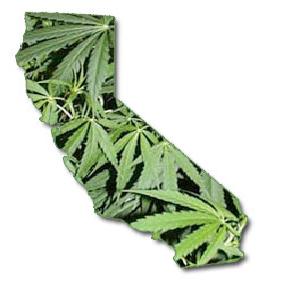
California might be a pioneer in legal cannabis, but the quality of the pot being sold in The Golden State is not exactly up to standard.
On July 1, a fresh set of state safety requirements went into effect. As a result of the new cannabis testing requirements in California, manufacturers and growers felt the pressure to ensure their products were 100 percent compliant, leaving certain cannabis retailers with no choice but to run their businesses with restricted inventory in the meantime. Business owners were forced to conform to the new rules and it just so turns out that some cannabis samples failed to make the cut.
In fact, according to the California Bureau of Cannabis Control, one in five batches of cannabis did not pass laboratory testing. Reasons for failing varied from chemical, bacteria and pesticide contamination, to improper labeling.
California’s new cannabis testing requirements cause backlog
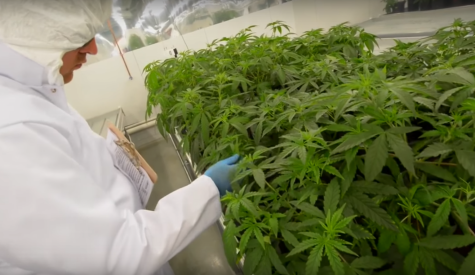 Delays have occurred as a result of California’s new cannabis testing requirements.
Delays have occurred as a result of California’s new cannabis testing requirements.
Laboratories around the state have been busy keeping up with demand from suppliers, what with just a handful of the 31 state-licensed labs welcoming customers. Because of this, the timeframe for testing is a tedious 1-2 weeks.
Just last week, the first failed product was stripped from dispensary shelves, due to non-compliant pesticide levels.
Despite this, knowledgeable experts think that California’s new cannabis testing requirements demonstrate industry maturity. After all, this standard of testing is also necessary for the food and alcohol industries.
Cannabis product labels were inaccurate
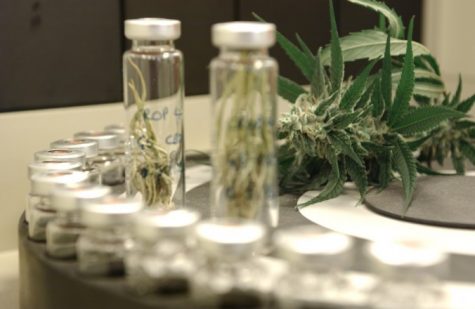 Since the grace period for California cannabis businesses concluded on July 1, a total of 5,268 batches of cannabis have been tested by labs. Approximately 20 percent did not meet standards set out by the state.
Since the grace period for California cannabis businesses concluded on July 1, a total of 5,268 batches of cannabis have been tested by labs. Approximately 20 percent did not meet standards set out by the state.
Among the batches that failed to meet California’s new cannabis testing requirements, 68 percent were deemed to be failures as a result of improper labeling.
The spokesman for the Bureau of Cannabis Control (BCC), Alex Traverso, claims that many cannabis product labels exaggerated the THC (tetrahydrocannabinol) content.
This psychoactive cannabis compound is responsible for making consumers feel “high.” Although THC overload is not exactly life-threatening, it does influence product price.
Pesticide testing problems prompt recall
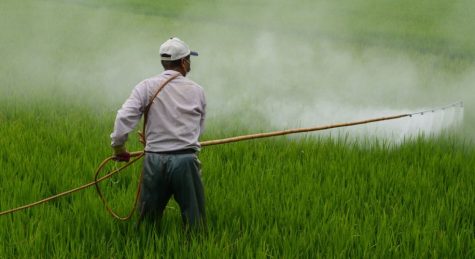 High traces of pesticides were found in 19 percent of the products that did not meet state standards for safe pesticide levels. After the discoveries, Los Angeles cannabis company, The Bloom Brand, declared it would be recalling four cannabis oil vaporizer cartridges.
High traces of pesticides were found in 19 percent of the products that did not meet state standards for safe pesticide levels. After the discoveries, Los Angeles cannabis company, The Bloom Brand, declared it would be recalling four cannabis oil vaporizer cartridges.
“We are working closely with (state cannabis officials) to remedy this issue and expect clean, compliant products to be back on shelves in three weeks,” the Los Angeles cannabis company wrote said in a press release.
In a strange twist of events, some batches tested positive for various types of pesticides that were not even used by the cultivator. This is a common problem for cultivators who harvest cannabis crops on former vineyards. Failing on just a few of the 60+ forbidden pesticides means the entire batch will fail to meet California’s cannabis testing requirements.
Cannabis samples in California contained contaminants
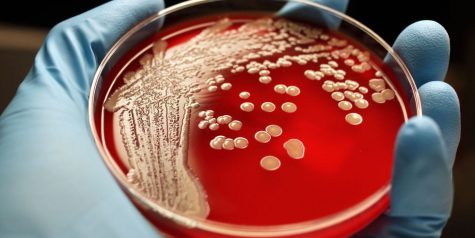
Since July 1, 6 percent of the failed tests contained microbial impurities, like bacteria and mold. The bacteria e.coli and salmonella are two frequently found microbes, as well as the fungus Aspergillus.
An additional five percent of the microbe-containing samples were cannabis concentrates, such as oils and waxes. They were tainted with common THC-extracting residual solvents, including isopropanol, butane, and ethanol.
By next year, every single type of cannabis product must be tested for mycotoxins, heavy metals, and terpenoids. Moisture content will also be examined when testing cannabis-infused edibles.
California’s new cannabis testing requirements will be updated with additional rules by December 31.







